Aging and longevity. It’s only a matter of time.
UC Santa Barbara Alumni is excited to collaborate with the Center for Aging and Longevity Studies (CALS) to bring cutting-edge research to the Santa Barbara community. The Aging and Longevity Lecture Series will feature six UCSB faculty members who will explore the multifaceted challenges and rewards associated with aging and the implications of living longer lives.
This series offers UC Santa Barbara alumni and friends a unique opportunity to gain insights into how aging and longevity are studied from diverse perspectives, including biology, neuroscience, psychology, engineering, and anthropology. The common goal of these experts is to enhance the human experience by extending healthspan, mitigating age-related diseases, advancing the vitality of an aging population, and examining the societal impacts of increased longevity.
Aging and Longevity Lecture Series Schedule
All lectures will be held at Direct Relief. Space is limited & RSVP is required.
Direct Relief
6100 Wallace Becknell Rd
Santa Barbara, CA 93117
Reception: 5:00 PM - 6:00 PM | Lecture: 6:00 PM - 7:00 PM
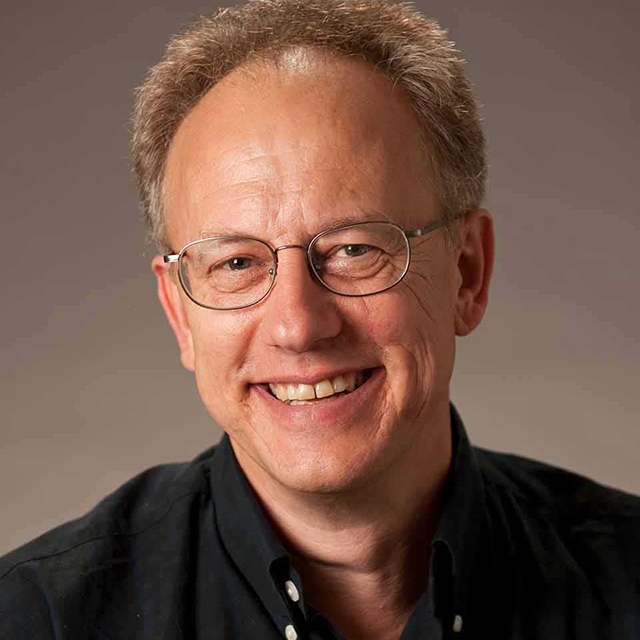
Thursday, January 23, 2025
Joel Rothman
Director and Founder, CALS
Distinguished Professor, molecular, cellular and developmental biology
Wilcox Family Chair, Biotechnology
“The Promise of Longevity Science and Technology”
Join Dr. Joel Rothman, the founding Director of the Center for Aging and Longevity Studies at UC Santa Barbara, for an insightful presentation on the future of longevity science. With over three decades of pioneering research in regenerative medicine and aging, Dr. Rothman brings invaluable expertise to this field!
Dr. Joel Rothman is a distinguished Professor, Wilcox Family Chair in Biotechnology, and founding Director of the Center for Aging and Longevity Studies at UC Santa Barbara. He has served as Chair of the Department of MCD Biology and Director of the Biomolecular Science and Engineering Program at UCSB and has also been a professor at the University of Wisconsin, Madison, and New Zealand’s University of Auckland. Prior to receiving his doctorate, he was the head winemaker at Buena Vista Winery in Sonoma and a classical music radio program announcer. For over three decades his laboratory has investigated regenerative medicine, aging, and longevity, supported by many research grants from the National Institute on Aging and other agencies. He is an elected Fellow of the American Association for the Advancement of Science.
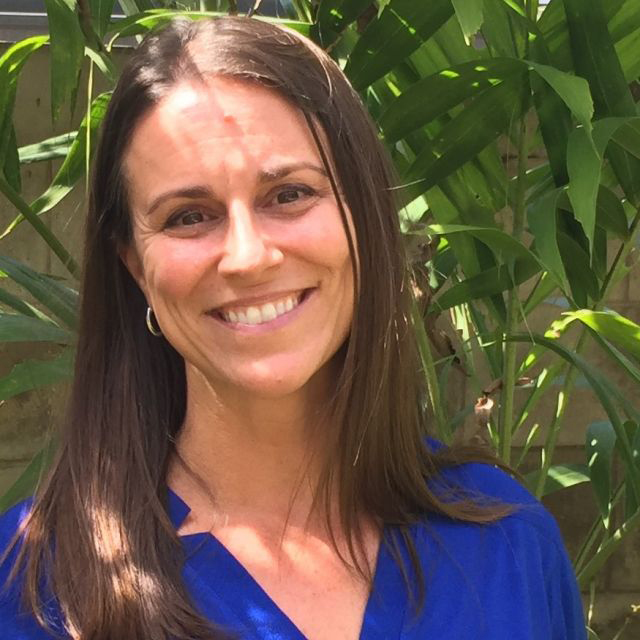
Wednesday, February 26, 2025
Nicole Albada
Director for Education and Outreach, CALS
Associate Teaching Professor, Psychological and Brain Sciences
“Personal Memories and Successful Aging”
Join Nicole Alea Albada, Associate Teaching Professor at UC Santa Barbara and Director of the Thinking About Life Experiences (TALE) Lab, as she dives into the fascinating relationship between personal memories and successful aging. With a PhD in Developmental Psychology and over 50 journal articles and book chapters, Nicole explores how autobiographical memories influence psychosocial well-being across different age groups and cultures!
Nicole Alea Albada is an Associate Teaching Professor at the University of California Santa Barbara. She received her PhD in 2004 in Developmental Psychology from the University of Florida, with an emphasis on adult development and aging, and graduate certificates in Gerontology and Social Science methodology. Nicole is the director of the TALE – Thinking About Life Experiences – Lab, which explores why and how people remember events from their life, and the links between remembering autobiographical events and psychosocial well-being in various age groups and across cultures. She has over 50 journal articles and book chapters about the importance of personal memories in understanding one's self and social connections. Nicole is also the Director for Education and Outreach for UCSB's Center for Aging & Longevity Studies (CALS). She primarily teaches research methods, statistics, and adult development and aging courses to undergraduate students in the Psychological and Brain Sciences Department. Nicole is also the Faculty Advisor for the UCSB Chapter of Psi Chi, the International Honors Society in Psychology, and for the UCSB chapter of the Brain Exercise Initiative.
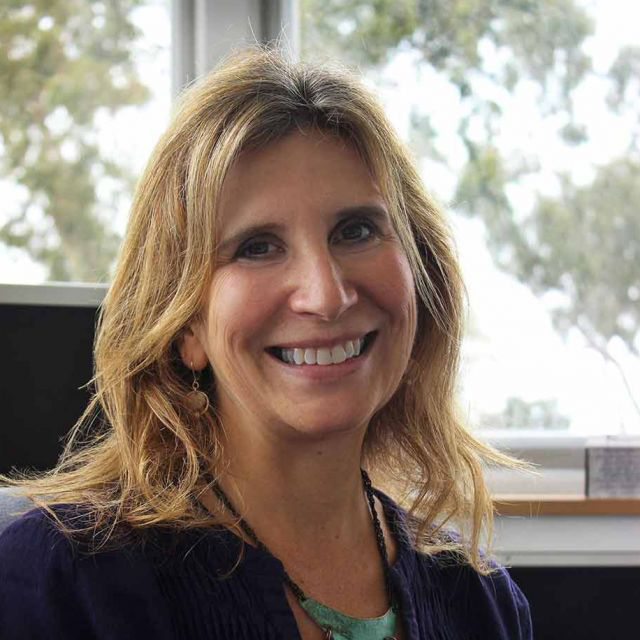
Thursday, March 27, 2025
Denise Montell
Duggan Professor and Distinguished Professor
Molecular, Cellular, & Developmental Biology
“Extending Life by Reducing Cellular Stress”
Join Denise Montell, Duggan Professor and Distinguished Professor of Molecular, Cellular, and Developmental Biology at UC Santa Barbara, for an insightful discussion on how reducing cellular stress can extend lifespan. Dr. Montell's groundbreaking research, which has uncovered a mechanism to increase cellular resilience and suppress neurodegeneration, has shown promising results in fruit flies and human cells!
Dr. Denise Montell earned her B.S. degree in biochemistry and cell biology at the University of California, San Diego and her Ph.D. in Neuroscience at Stanford University. As an American Cancer Society postdoctoral fellow at the Carnegie Institution, she developed a new model for studying cell motility in vivo using a powerful combination of cell biology and molecular genetic approaches. After two years she attained an independent junior faculty position at the Carnegie and two years later became an Assistant Professor at the Johns Hopkins School of Medicine, rising to the rank of Full Professor in 2002. At the Johns Hopkins University School of Medicine, she served as Director of the Graduate Program in Biological Chemistry for 10 years and was the founding director of the Center for Cell Dynamics, an interdisciplinary group of investigators from eight different departments who shared a common interest in observing and manipulating biochemical events and cellular behaviors in real time, in living cells, tissues and organisms. She was the 2020 President of the Genetics Society of America and has served on the Advisory Councils of the American Cancer Society and the National Institutes of General Medical Sciences as well as the Board of Scientific Counselors for the National Cancer Institute. She returned to her UC roots in 2013 as the Robert and Patricia Duggan Professor of Molecular, Cellular, and Developmental Biology. She has received numerous awards including the Lucille P Markey Scholar Award, the American Cancer Society Research Investigator Award, the NIH Director's Pioneer Award and the 2024 American Society for Cell Biology E. B. Wilson Award. She is an elected fellow of the American Associate for the Advancement of Science, the American Society for Cell Biology and a member of the US National Academy of Sciences. Dr. Montell studies cellular resilience in response to stress and has uncovered a new mechanism to increase cellular resilience in response to stress, which suppresses neurodegeneration and can extend lifespan in the fruit fly. The effects on lifespan extension in other organisms is not yet known, however this mechanism is also effective in human cells and thus merits further investigation.
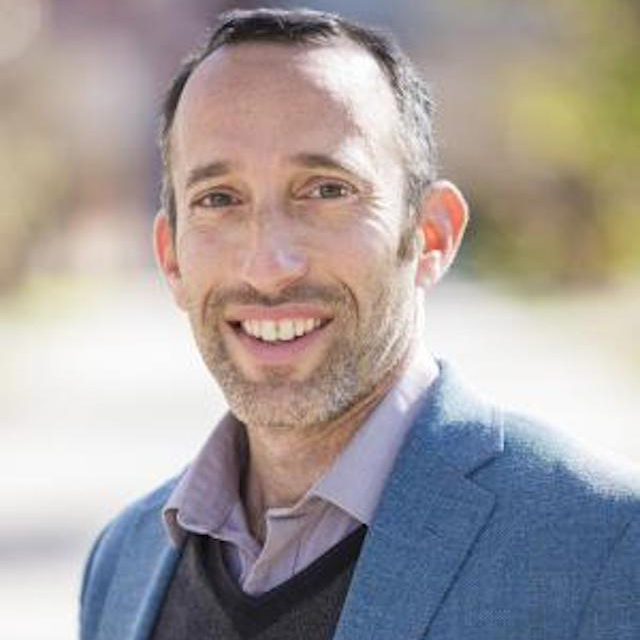
Thursday, April 24, 2025
Michael Gurven
Distinguished Professor, Anthropology
Associate Director, Broom Center for Demography
“Lessons About Aging from Living with Hunter-Gatherers”
Join Dr. Michael Gurven, Distinguished Professor of Anthropology at UC Santa Barbara, as he shares insights on aging and longevity drawn from his extensive research with hunter-gatherer populations. Dr. Gurven has spent over two decades working with South American Indigenous groups, focusing on how environment and lifestyle impact health and lifespan!
Michael Gurven is a professor of Anthropology at UCSB, where he was Chair of Integrative Anthropological Sciences from its inception in 2008 until 2022. He is currently Associate Director of the Broom Center for Demography, and an Area Director for the Biodemography & Evolution Research Group of the Center. He received his PhD in Anthropology from the University of New Mexico, with a concentration in Human Evolutionary Ecology. Prior to that, he received a joint BA in Anthropology and Mathematics at Penn State. His research aims to understand human aging and longevity from evolutionary and ecological perspectives. Since 2002, Gurven founded and co-directed the Tsimane’ Health and Life History Project to better understand how aspects of environment and lifestyle affect health and lifespan in subsistence-oriented societies. He has worked with South American Indigenous populations for over two decades, specializing on the demographic, ecological and epidemiological study of contemporary hunter-gatherers, farmers and herders. His research has received national and international attention, including New York Times, BBC, NPR, Scientific American and Wall Street Journal. He is a member of the American Association for the Advancement of Science (AAAS), and was a recipient of an Early Career award at the Human Behavior and Evolution Society.
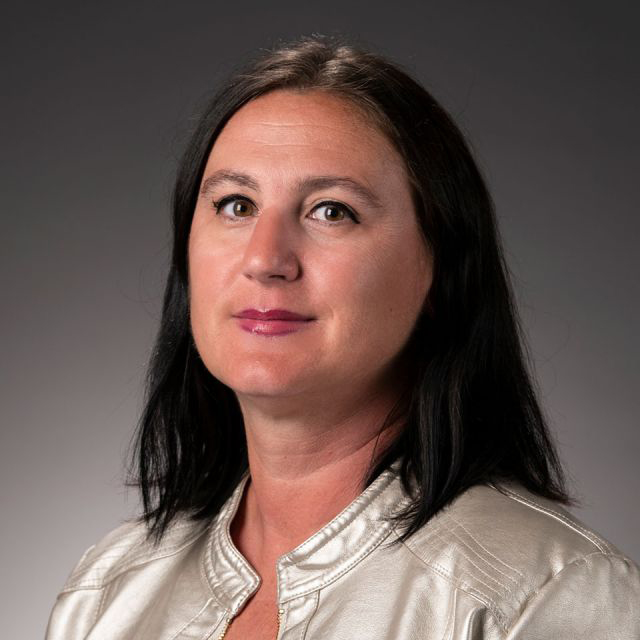
Thursday, May 22, 2025
Karen Szumlinski
Professor
Psychological & Brain Sciences
Molecular, Cellular, and Developmental Biology
“Alcohol and Accelerating Aging”
Join Dr. Karen Szumlinski, Professor of Psychological & Brain Sciences at UC Santa Barbara, for a thought-provoking presentation on the impact of alcohol on aging. Dr. Szumlinski's research focuses on the biochemical mechanisms that reinforce changes in brain function and behavior, particularly in response to alcohol or other substances. Her current research investigates how glutamate signaling contributes to cognitive decline during the aging process, especially in individuals with substance use disorders!
Dr. Szumlinski’s major research interest concerns the biochemical mechanisms underlying the changes in brain and behavior produced by developmental exposure to drugs of abuse, in particular psychomotor stimulants and alcohol. Current research focuses on the role of the excitatory neurotransmitter glutamate in drug- and stressor-induced changes in the brain and behavior. Related research examines the role of glutamate signaling in neuropsychiatric disorders associated with substance use disorders, such as psychosis, depression, and cognitive dysfunction. Her research employs a combination of transgenic, neuropharmacological, and immunological approaches to interrogate cause-effect relationships between biomolecular and behavioral pathology. Recent work employs mouse models to understand sex differences in the impact of repeated stress and binge alcohol-drinking on the trajectory of cognitive decline during normal aging and to identify druggable targets for mitigating accelerated brain aging and associated neuropathology. Dr. Szumlinski’s laboratory is involved in a number of collaborative projects with other faculty within the Departments of Psychological and Brain Sciences and Molecular, Cellular, and Developmental Biology, as well as with several research laboratories within the United States and abroad. Her laboratory is currently funded by NIH, as well as by support from UCSB.
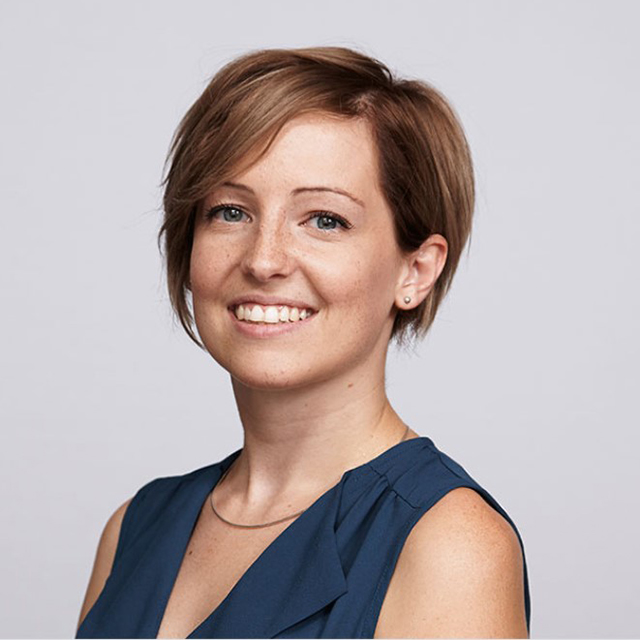
Thursday, June 26, 2025
Nina Miolane
Assistant Professor, Electrical & Computer Engineering
“Healthy and Pathological Aging with Artificial Intelligence”
Join Dr. Nina Miolane, Assistant Professor of Electrical & Computer Engineering at UC Santa Barbara, for an enlightening discussion on how artifical intelligence can improve our understanding of healthy and pathological aging. Dr. Miolane’s research combines geometric and topological methods with cutting-edge AI techniques like machine learning and deep learning to address key challenges in neuroscience, including Alzheimer's and other neurodegenerative diseases!
Nina Miolane received her M.S. in Mathematics from Ecole Polytechnique (France) & Imperial College (UK), and her Ph.D. in Computer Science from INRIA (France) in collaboration with Stanford University. She was an instructor in the French Army and was decorated for succeeding in a commando training program. After her studies, Nina was a postdoctoral fellow at Stanford University, and worked as a deep learning software engineer in the Silicon Valley. At UCSB, Nina directs the Geometric Intelligence Lab, whose goal is to reveal the geometric signatures of natural and artificial intelligence and to build next-generation intelligent systems: Geometric AI. Her lab develops tools from geometry, topology, computer vision, machine learning and deep learning which are then incorporated into the open-source packages: Geomstats and TopoX with the PyT-team. The lab leverages these innovations to address fundamental and clinical challenges in neuroscience, such as uncovering the mechanisms underlying Alzheimer's and other neurodegenerative diseases linked to longevity. Research fundings include an NSF Career Award, an NIH R01 grant, a NSF SCALE MoDL grant, Google Season of Code and Noyce Initiative UC Partnerships grant for the University of California Women's Brain Initiative. Nina was the recipient of the L'Oréal-Unesco for Women in Science Award, the Hellman Fellow award and is involved in outreach initiatives in France and in the U.S. At UCSB, Nina's work was recognized by an Academic Senate Faculty Grant and a UC Regent's Junior Faculty Award. In her free time, Nina adventures in the golden state's outdoors, hiking in the mountains, riding motorcycles along the coast, or piloting single-engine airplanes in the Californian skies.
Registration Form
Learn more about the Center for Aging and Longevity Studies.
With special thanks to Director Relief and The Santa Barbara Independent for their support.